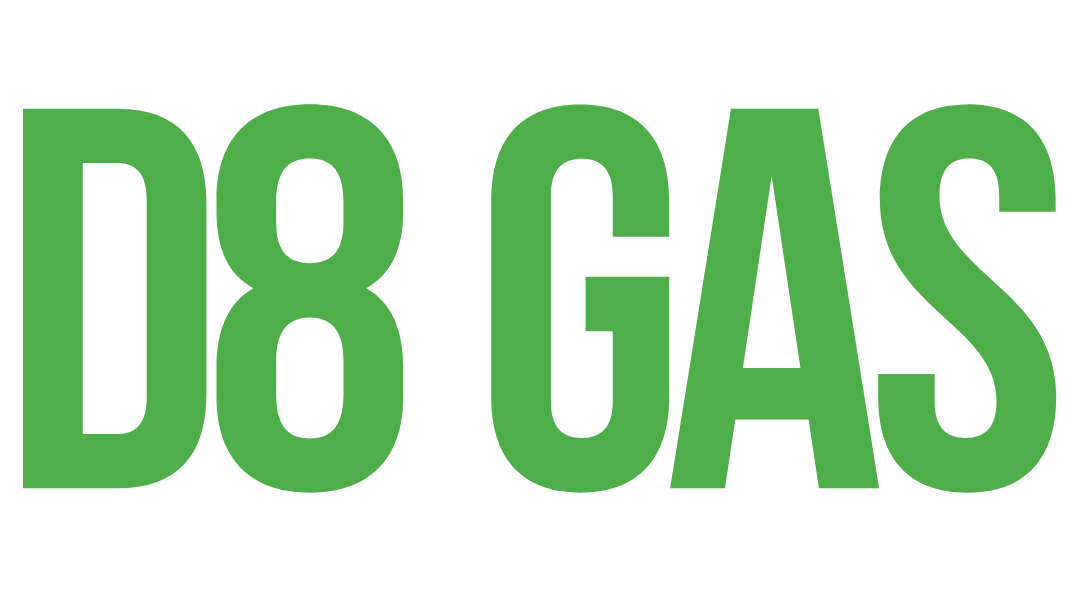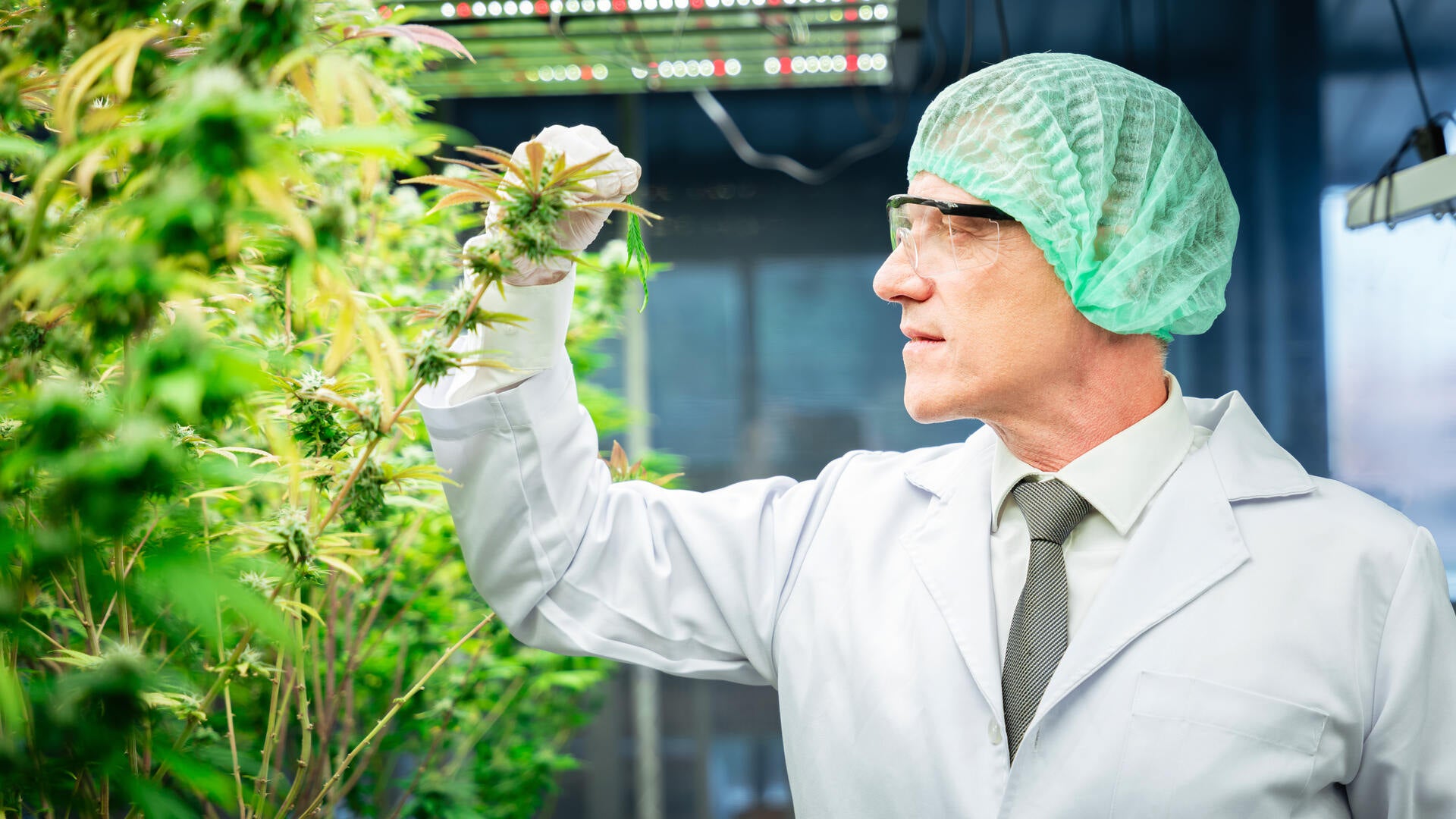In the last few years, the use of cannabinoids has been increasing day by day. That said, the knowledge about the benefits of manufacturing has risen by ten folds. There are so many different kinds of cannabinoids that are available in the market. Some of them are intoxicating, whereas others are non-intoxicating.
The latest types of cannabinoids are cannabigerol and cannabinol. These cannabinoids are a perfect alternative for the THCs psychoactive effects. However, if you have never heard about cannabinoids such as CBD, CBG, and CBN, then this article is just for you. Here we have discussed all the differences, benefits, and side effects of these cannabinoids. So, let’s have a look at them.
What is CBD?

Cannabidiol, more commonly called CBD, has gone mainstream over the last few years. This is one of the most prevalent cannabinoids used in the market nowadays after THCs. You can easily find CBD through the hemp plant, and the production and extraction of this CBD are effortless. These CBDs are found in different forms, such as oils, tinctures, capsules, and topicals.
Noteworthy Benefits of CBD:
CBD has many incredible benefits, and it has non-intoxicating effects. It interacts with the endocannabinoid systems in many different ways, and it is also seen that they inhibit the psychoactive effect. Other than this, there are many other benefits of using CBD. Let’s have a look at a few of them!
- CBD helps with chronic pain.
- It reduces the pain and aches in the body.
- Effective against anxiety and panic disorders
- Prevents nausea and vomiting
- Suitable for patients with seizures
- Reduces any kind of inflammation in the body
What is CBG?

Cannabigerol, or CBG, is also a non-intoxicating cannabinoid that is very similar to CBD. However, the mechanism of action for this cannabinoid is very different from latter. CBG has a relationship with both neuropathic pain and inflammatory pain receptors.
Notable Benefits of the CBG:
Following are some of the most note-worthy effects of CBG:
- CBG helps to boost the appetite.
- It has a lot of anti-inflammatory properties.
- CBG act as a great antibacterial agent.
- It also offers neuroprotective properties and is an excellent antioxidant.
What is CBN?

Lastly, we have the CBN, or Cannabinol, which is a metabolite of tetrahydrocannabinol (THC). CBN has a minor effect on the Central Nervous System (CNS) and also has a weak affinity for the CB1 receptors. This is why CBN is also known to be a mildly psychoactive cannabinoid; however, the effect does not last for a very long time.
Notable Benefits of CBN:
Other than being psychoactive, there are many other vital benefits of CBN, so let’s look at them.
- The main effect of CBN is that it offers an anti-inflammatory effect.
- It also suppresses the immune system’s response to allergies.
- CBN enhances the sleep cycle and promotes peaceful sleep.
- Boosts the appetite of an individual
Difference Between CBN, CBG, and CBD:
After having an overview of all these famous cannabinoids, let’s have a look at the comprehensive comparison between these famous three cannabinoids.
CBD vs. CBG:
Following are some of the main differences between CBD and CBG.
- CBD is much more abundantly found than CBG.
- There have been more studies on CBD than CBG.
- CBD works in many different ways and affects different receptors in the body. Whereas CBG directly affects the cannabinoid receptors.
- CBD and CBG have non-intoxicating properties, but the main difference here is that CBD also offers psychoactive properties with non-intoxicating effects.
CBG vs. CBN:
Only a few people are aware of the differences between CBG and CBN, hence following are some of the most significant dissimilarities between the two.
- CBG does not have any psychoactive effects, whereas CBN has psychoactive effects.
- Both of these are effective in relieving pain.
- CBN is a metabolite of THC, but CBG is not.
- CBG has antibacterial properties; however, CBN offers none.
- CBG affects different receptors on the ECS, but CBN does not; it only affects specific receptors.
CBN vs. CBD:
There have been a lot of studies on CBD but very few on CBN. However, below we have compiled a few differences between the two that can go overlooked.
- CBN does not have any direct affinity for cannabinoid receptors. In contrast, CBD does have a direct effect on cannabinoid receptors.
- CBN has an immense effect on the Central Nervous System, and CBD does not have any.
- CBD occurs naturally in the plants, whereas CBN occurs only when the THC breaks in the cannabis plants.
Choosing the Right Cannabinoid
Finding the right cannabinoid can be a little tricky. The simplest solution here is to see the problems you are facing. If you are suffering from pain, anxiety, sleep problems, and inflammation, then CBD is the right choice for you. The best thing about CBD is that it is readily available.
CBN is used when you need a sedative agent and want a mild high effect. Besides this, CBG is less abundant, and it can be a little pricy than the others; however, it is a good muscle relaxant for treating anxiety and depression. Other than this, there are broad-spectrum cannabinoids as well that will give you the combined effect of all the cannabinoids.
D8 Gas- The Hub for Cannabinoids:
If you are hunting for a good place for cannabinoids, then D8 GAS is the perfect place for you. There are a lot of places where you can find cannabinoids product, but you never know the quality of the products. However, when it comes to D8 GAs products there is no compromise on the quality. They have a wide variety of cannabinoids so that every person can find something for themselves.
Conclusion:
Many people are not aware of the fundamental differences between the different cannabinoids. They think they can use every cannabinoid; however, each of them has its function and benefits. Therefore, we hope this article helped you in identifying the different types of cannabinoids and when you can use each of them.

